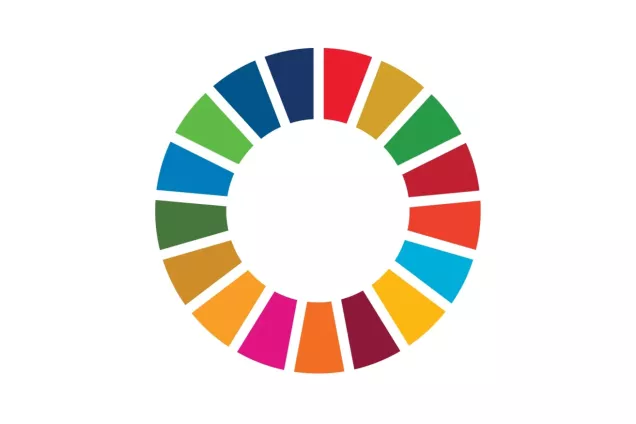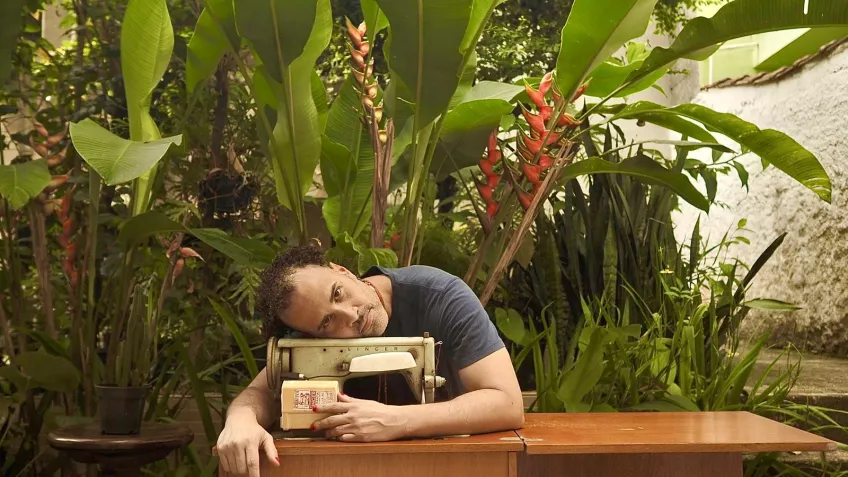PhD student: Iury Salustiano Trojaborg
How effective is it to tackle the concept of sustainability within the European performing arts context, without also dealing with the burden of Europe’s colonial past, focusing on narratives produced in the liminal zones, specifically those zones that a life of migration entails? My doctoral research project On Ancestrality and Regeneration: Performing Decolonial Journeys aims to investigate ways of using performance art as a regenerative and socio-political tool to provoke change in the understanding of the lives of immigrants who, like me, willingly travelled the old colonial routes back to the European countries that colonised ours.
My current practice as an artist researcher is a consequence of the different educational paths I followed, paths very much informed by a desire of not belonging to rigid epistemological structures and by an attempt to investigate methodologies that contemplate the performative as an arena to deal with the crossing of specific issues related to gender, sexuality, racialization, class and ableism, present in my body and in its relation to the different societies that I have inhabited throughout the last sixteen years ago since I left Rio de Janeiro for Doha, Qatar and later moved on to the Northern European cities of Munich, Frankfurt am Main, Copenhagen, Berlin, and Malmö.
I understand the performative as a possibility to generate knowledge through the body and via its interaction with other agents, or as scholar Mark Fleishmann in his article The Difference of Performance as Research[1] states: “…performance constitutes ‘an alterity’ that resists the hegemony of the text in the academy. It is a transgression that seeks to break down the separation of subject and object, of body and mind, and therefore it must be either expunged, silenced or policed by the academy (…) What is required is an honest acceptance that the principle of ‘compossibility’ – fleshes alongside images, sight alongside hearing and touching and feeling and moving – is called for”. By making use of autoethnography as both a dramaturgical methodology and a performative tool, I am searching for ways to dramatize and, in this way, re-tell my own and some of my ancestors’ journeys (currently my maternal grandmother and my father’s). I deposit my belief in the iterative power of performance as means to emancipate and to regenerate those involved in such processes.
Iury Salustiano Trojaborgs profile in our research portal
[1] Fleishman, Mark. (2012). The Difference of Performance as Research. In: Theatre Research International, 37(1), pp. 28–37 doi: 10.1017/S0307883311000745

We are a part of Agenda 2030 Graduate School
Research projects related to the Sustainable Development Goals


